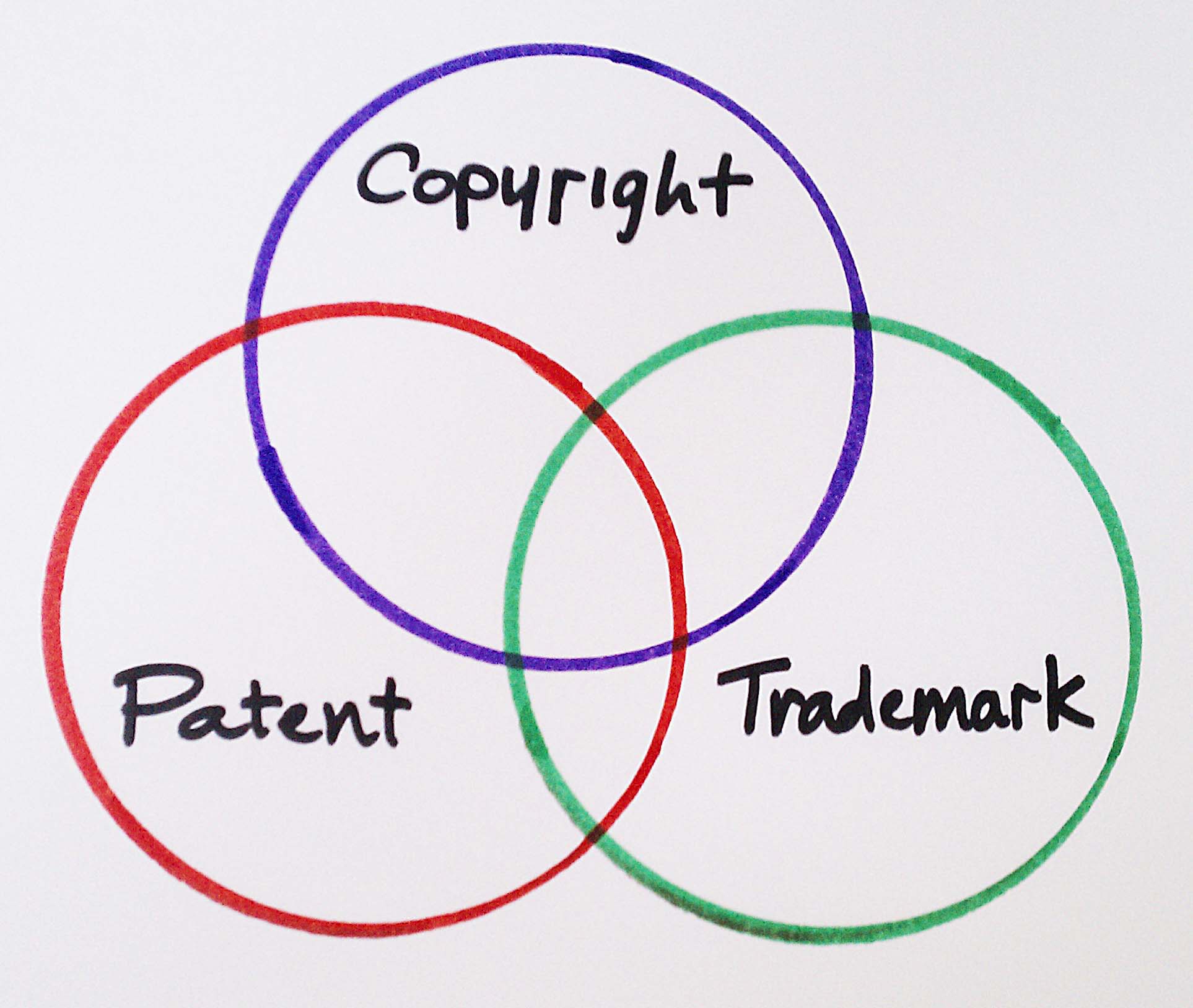Patent applications require from an applicant a working knowledge of what the system is in Thailand, and in any country in general where one might decide to do start an enterprise.
Thailand’s patent laws are generally similar in premise to many countries around the world. However, Thailand has some marked differences in its patent laws and processes so it is still important for any prospective investor to look at what these are in order to avoid problems later on when the business is already operating.
A Recap on the Importance of Patents
We have discussed in a separate article the importance of getting patent protection for your ideas as well as for your business inventions, particularly systems that you are going to implement on your company. Let us recap that information for your convenience.
In a nutshell, getting patent protection grants you the ability to enforce your authority on the usage of your creation. If someone else wants to implement your invention in a business setting, they will have to procure a license from you – for which they will be expected to pay a licensing fee.
Second, if someone commits an unauthorized usage of your creation, then you can pursue legal action against them for infringing on your rights as the inventor of the patented subject matter. When you win the case, you are awarded monetary damages for the infringement.
First to File Principle
This is very easy to understand. In any country around the world, the first party to apply for legal protection for their invention will be granted the patent and the associated rights that go along with the issuance of a patent. However, what happens when two parties apply for a patent for similar ideas at the same time?
Thailand’s Patent Act provides for a method for the resolution of this conflict. The Act will require both parties to undergo mediation or to negotiate a settlement as to which of them will be granted the patent or, in some cases, should both be granted the same patent.
Bear in mind that this is a difficult legal situation because the entity that is issued the patent can require payment of a fee from the other party, whose claims are more or less similar to the one granted with the patent. On the other hand, sharing ownership rights on the patent could also lead to conflict in the distribution of the fees.
In that case, both parties will need to pursue legal action to achieve a resolution to the conflict within 90 days or else their application will be rejected, and they will have to start again.
Absolute Novelty
Another concept important to understanding Thailand’s intellectual property law is the concept of “absolute novelty.”
This simply means that the owner of the invention must make sure that patent protection has been secured before publishing any information on the creation, or before selling the rights to the patent. If he or she does so before the issuance of the patent, it will be grounds for rejection of the application.






